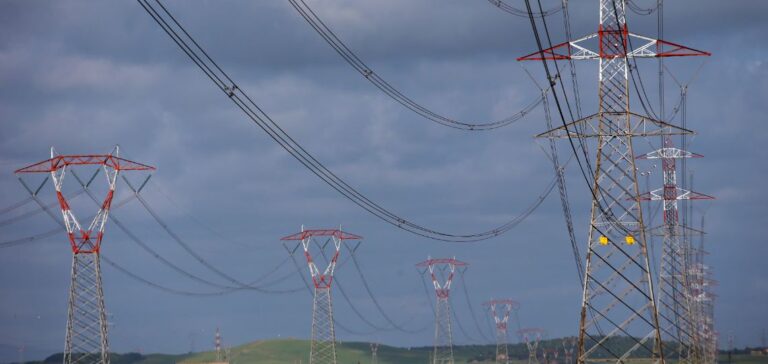Italy posted a trade deficit of €264 million in January 2025, reversing the €2.5 billion surplus recorded in the same month of 2024. This shift is primarily due to the increase in energy costs, according to data released by the National Institute of Statistics (Istat). Specifically, the energy balance showed a deficit of €4.7 billion, compared to €4.2 billion a year earlier.
Italian exports, however, grew by 2.5% year-on-year, despite a notable decline in the delivery of certain products. Car exports fell by 15.8%, refined petroleum products decreased by 16.7%, and fashion items saw a drop of 9.2%. However, some sectors performed well, including pharmaceuticals, chemicals, and botanicals, whose exports rose by 33.6%. Exports of food, beverages, and tobacco increased by 7.4%, while base metals and metallic products saw a 6.4% rise.
Italian imports rose by 8.8% in January, outpacing the growth in exports. This further contributed to the widening trade deficit. On the other hand, Italy observed an increase in exports to several countries, notably the Czech Republic (+30.8%), Switzerland (+13.6%), the United Kingdom (+12.1%), the United States (+6.2%), Spain (+4.8%), and France (+2.6%). However, exports to China saw a significant decline, dropping by 24.1%.
Despite these results, Italy achieved a significant trade surplus in 2024, reaching €54.92 billion, largely due to lower energy costs. However, the country remains exposed to international economic challenges, particularly in the context of global trade tensions.
Impact of energy costs on the trade deficit
The energy bill, which represents a significant portion of imports, played a major role in the worsening of the trade deficit in January. With the rise in energy prices, particularly natural gas and electricity, Italy had to increase its energy imports to meet domestic needs. This phenomenon, combined with slower export growth, weighed heavily on the trade balance.
Contrasting export performances
Despite an overall increase in exports, certain key sectors have been affected by unfavourable trends. The decline in car exports and refined petroleum products reflects challenges in specific industries. However, the strong demand for pharmaceuticals and chemical goods indicates a successful diversification of Italy’s markets.





















